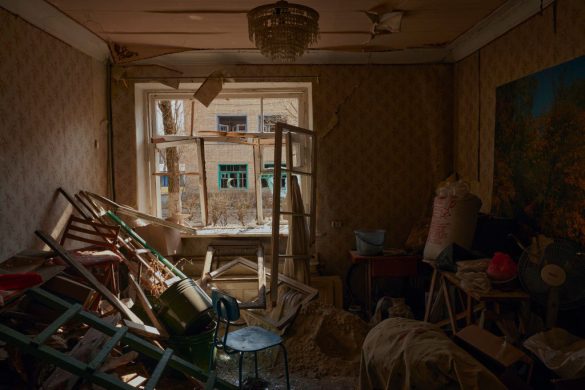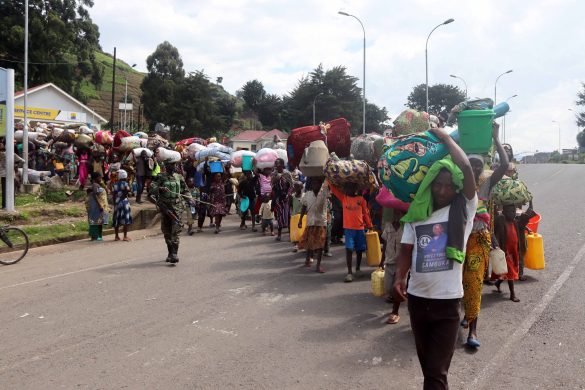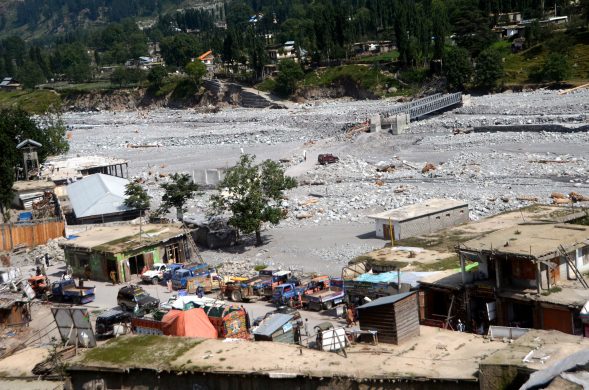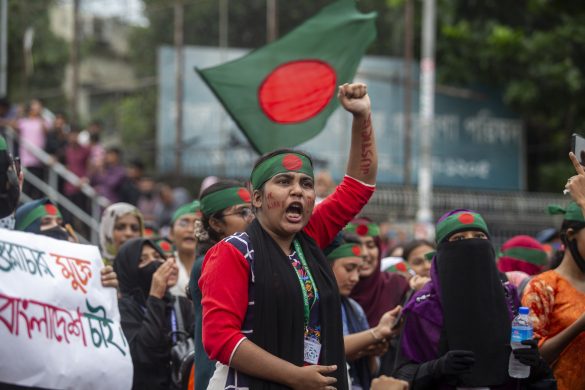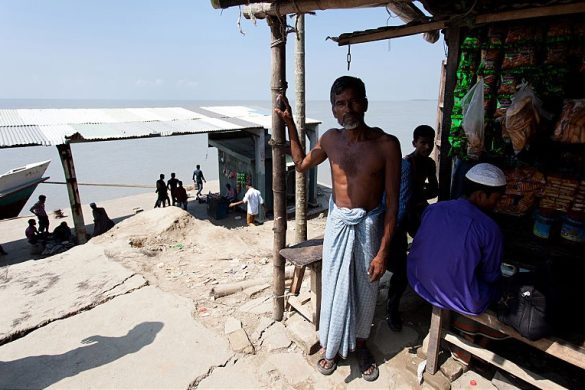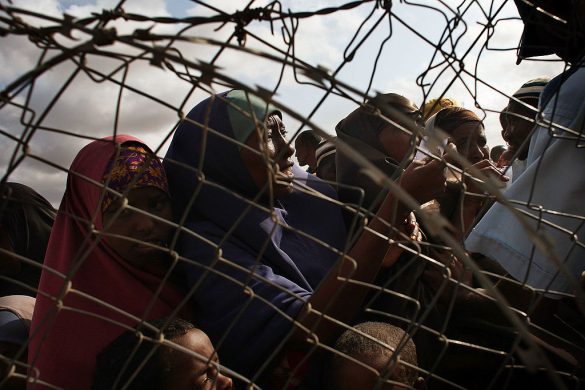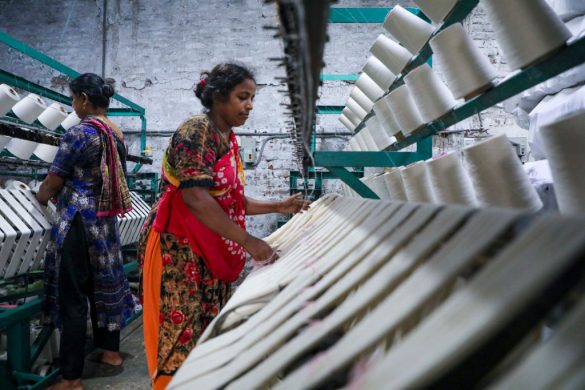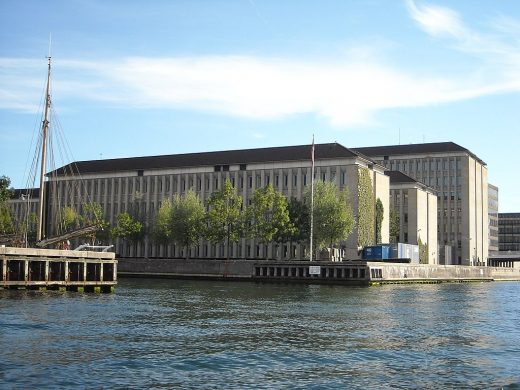GENEVA, 23 November, 2018 (UNHCR): UNHCR, the UN Refugee Agency, kicked-off this week a large-scale distribution of energy-efficient Liquefied Petroleum Gas (LPG) (propangas, red.) to Rohingya refugees sheltered in Kutupalong and the other refugee settlements in Bangladesh’s Cox’s Bazar district.
This game-changing project, in support of Bangladesh’s overall humanitarian response, aims to provide more than 200,000 refugee households as well as a significant number of vulnerable Bangladeshi host families with clean, healthy, safe and reliable source of energy for cooking and heating. It will also help to tackle and reverse the environmental impact of the refugee situation in southern Bangladesh.
Behøver ikke længere bruge åben ild for at lave mad
Until now, Rohingya refugees and many of the host communities in Bangladesh have been almost entirely reliant on firewood for cooking. Refugee families spend much of their day either collecting firewood or using what few resources they have buy it.
A pilot distribution of the new fuel earlier this autumn to 6,000 refugee families demonstrated how use of LPG can gradually end these practices. The switch will also aid the protection of refugees because most of those collecting the firewood are women and children who can be at risk taking long and dangerous daily treks.
Using LPG should also improve air quality and people’s health, as refugees will no longer have to cook on open fires using wood or other material they find. According to the health workers in the vast and densely populated Rohingya refugee settlements, respiratory illnesses attributed to the smoke are the most common health problems among refugees.
The alternative fuel initiative is being supported by the Bangladesh government, including the Refugee Repatriation and Relief Commissioner (RRRC) and the Ministry of Disaster Management and Relief (MoDMR), as well as other UN agencies, including the Food and Agriculture Organisation, FAO, IOM, and World Food Programme (WFP).
Flygtningelejrene er enorme miljøbelastninger
The environmental impact of the refugee influx since August 2017 has been significant. More than 730,000 Rohingya have fled Myanmar since then joining tens of thousands of others already in Bangladesh. The estimated 900,000 Rohingya refugees in the Cox’s Bazar area have needed 700 metric tons of wood every day for cooking alone.
To tackle this, and in parallel with the LPG distribution, UNHCR with its partners, including IUCN (the International Union for Conservation of Nature) and BRAC, is also providing tens of thousands of saplings in the refugee settlements to help reforest the area and improve the environment.
So far, in an effort to help mitigate the environmental impact of the refugee crisis UNHCR had been providing monthly distributions of Compressed Rice Husks (CRH) to 95,000 refugee families as fuel, but it has been insufficient for all their cooking needs.
As part of the distribution, refugees receive a mandatory, hands-on training on how to safely and responsibly use the LPG cylinders and stoves. The cylinders contain 12.5 kilograms of LPG, enough to meet all cooking needs of a family of five for a month. Refugees will also be entitled to regular refills at monthly periods. Most of the stoves are being produced locally, creating jobs in the local Bangladeshi economy. In addition to assisting refugees, every sixth stove and gas cylinder will be delivered to the vulnerable Bangladeshi families in local communities hosting Rohingya refugees.



